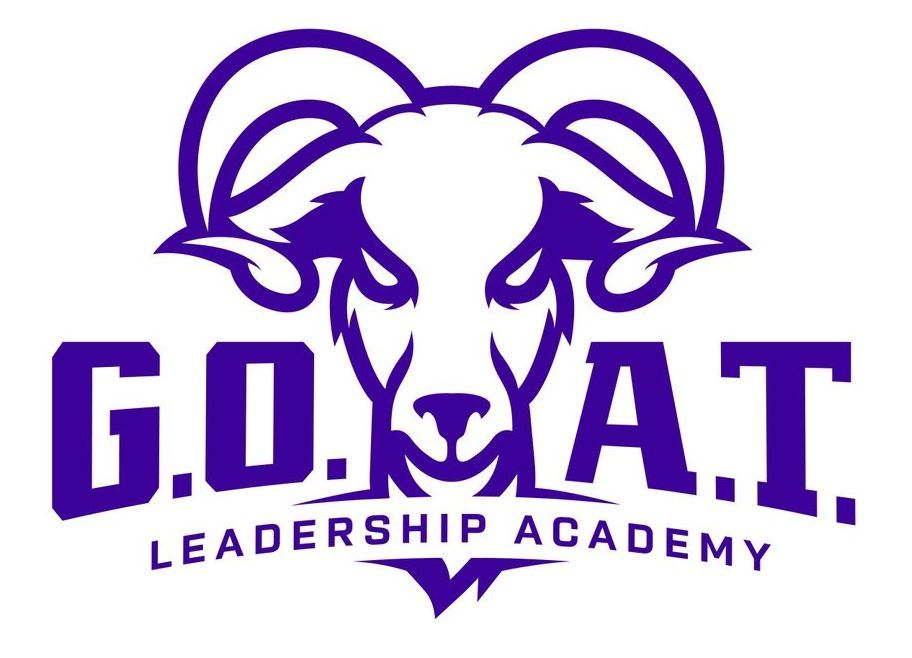What Does G.O.A.T. Leadership Really Mean?
In the crowded landscape of leadership training, the term “GOAT” (Greatest of All Time) can sound flashy. But at the G.O.A.T. Leadership Academy, it’s much more than a clever name. It represents a philosophy, a way of being, and a roadmap for impact. Founded by Dr. Karen Walker, the Academy uses GOAT leadership as shorthand not for perfection, but for the kind of leadership that transforms, is inclusive, authentic, and grounded in values.
What “G.O.A.T.” Stands For in Leadership
While “G.O.A.T.” typically means Greatest Of All Time, here it’s reframed. Key facets include:
- Growth-oriented: Leadership is a journey of continuous learning.
- Ownership & authenticity: Leading from one’s true self, not just fitting a mold.
- Accountability – to self, to others, and to values.
- Transformation & impact: Not just leading others, but helping others become leaders themselves.
- These pillars are interwoven in every offering from your Academy: the workshops, online certification, coaching programs, etc.
Dr. Karen Walker’s Philosophy: Core Beliefs & Quotes
Dr. Walker’s writings and lessons illuminate what GOAT leadership “really means.” Here are several of her quotes, along with what they reveal about the philosophy:
“Leadership is a journey, not just a destination. Every step you take towards enhancing your skills brings you closer to your professional aspirations.”
Synthesizing the Philosophy
Putting this together, GOAT leadership under Dr. Walker’s philosophy carries several distinguishing features:
Authenticity & Identity
Leaders are encouraged to bring all of themselves—their values, emotions, background—to leadership. Not to conform, but to lead from who they are.
Growth Mindset
Making space for learning, for mistakes, for unlearning old habits; leadership is a process, not a fixed skill set.
Empathy & Inclusion
Leadership isn’t about hierarchy or power. It’s about seeing people, cultivating belonging, embracing diverse voices.
Purpose & Service
GOAT leaders aren’t just out to lead—they’re out to create impact, to lift others, to drive transformation.
Resilience & Adaptability
The world is changing. Leaders are called to adapt, respond, and remain grounded even in uncertainty.
How GOAT Leadership Differs from Other Models
Many leadership models emphasize performance, strategy, or “command and control.” GOAT leadership emphasizes:
- Being instead of just doing. It’s not only what you do, but who you are.
- Empowerment rather than authority. Influence is earned through connection, not just position.
- Values over vanity. Leading with heart, purpose, and inclusion, not just prestige or rank.
Why This Philosophy Matters Now
Given today’s challenges—rapid change, remote & hybrid work, issues around justice, equity, belonging—leadership can’t be the old model. Employees want authenticity. Teams need safety. Organizations that cling to rigid leadership will struggle; those that invest in culture, belonging, and growth will succeed.
Dr. Walker’s GOAT model thus meets a critical need: leaders who can guide with character, adapt with humility, and build inclusive environments where everyone can thrive.
How to Embrace GOAT Leadership Yourself
Here are some practical steps you or any leader can begin with to align with this philosophy:
- Reflect on your values: What are the non-negotiables that guide you?
- Seek feedback (360°, peer, subordinate) about how people experience you.
- Practice “authentic speaking”: share your struggles, your thinking, not just your achievements.
- Mentor others: create growth pathways; see leadership multiply.
- Keep learning—and unlearning. Read broadly, expose yourself to diversity of ideas and people.
- Commit to serving: leaders who lead from service tend to build trust, loyalty, and impact.
Conclusion
“GOAT Leadership” as framed by Dr. Karen Walker isn’t about being the best in a leaderboard sense. It’s about being the best you can be—authentic, inclusive, purposeful—and helping others become their best selves in the process. It’s leadership when defined by growth, not perfection; by impact, not title; by service, not status.


